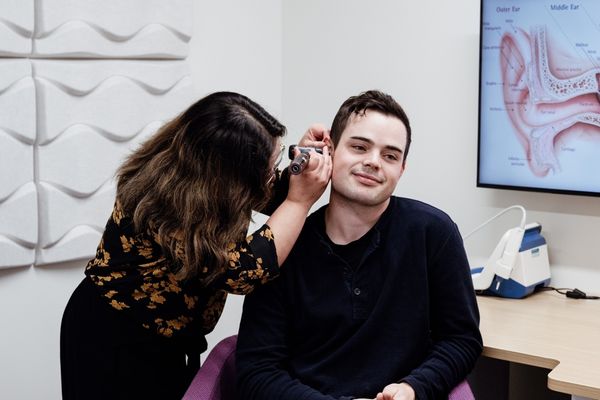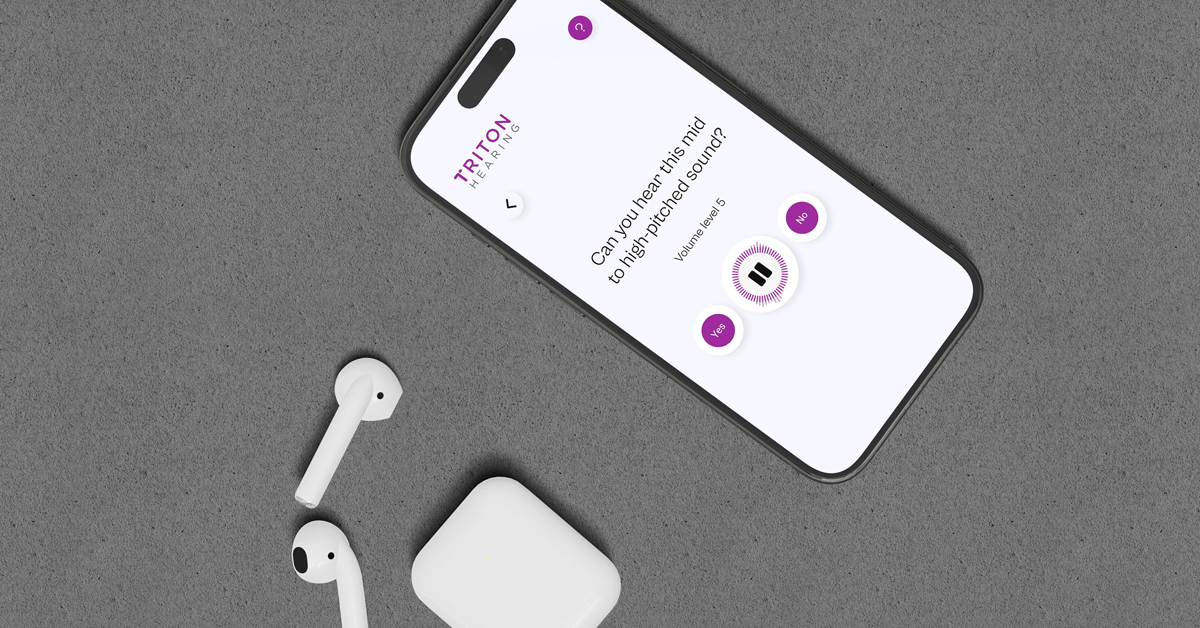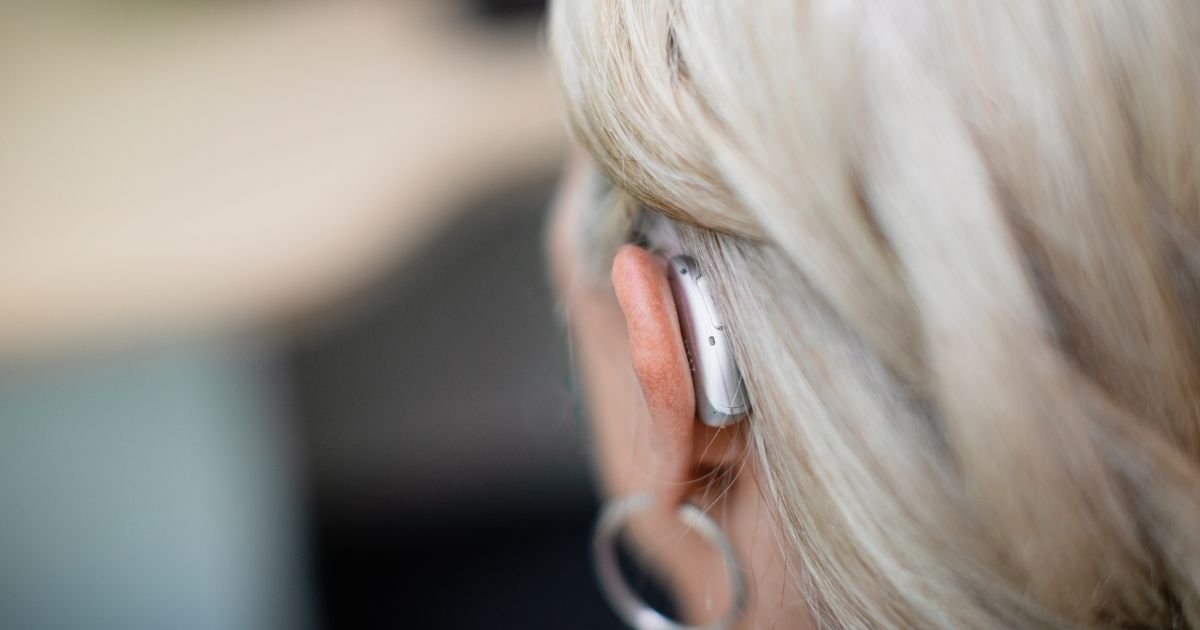Rechargeable Versus Battery-operated Hearing Aids

Rechargeable Versus Battery-operated Hearing Aids
5 min.
Publication Date: 10 March 2021
Traditionally, hearing aids have used disposable zinc-air batteries. There is now also the option to have rechargeable hearing aids; these have built-in lithium-ion batteries. Here are some things to consider when deciding if rechargeable or battery-operated hearing aids are right for you.
Zinc-air batteries need to be changed every 5-14 days depending on a number of factors including the size of the battery and the severity of your hearing loss. Rechargeable lithium-ion battery hearing aids need to be placed into a charging unit overnight. Here are five things to consider when selecting your next pair of heairng aids:
Ease of use
- If you have poor vision or limited dexterity, you may find a charger easier to use compared to changing small disposable batteries.
Convenience
- With rechargeable hearing aids, there is no need to go out and purchase batteries.
- You are more dependent on a charging unit/power source with rechargeable hearing aids as they do need to be charged every day. With some hearing aid brands, you can get a power pack for your charging unit which can be useful for when you do not have regular access to a power source.
- Hearing aid batteries go flat with around 30 minutes warning meaning you can be caught off guard with a flat battery. Rechargeable batteries last up to 24 hours so will provide you with a full day’s use.
Robustness
- With most rechargeable hearing aids, the battery compartment is sealed so it is harder for moisture and dust to get into the hearing aid.
Safety
- With rechargeable hearing aids, there is no need to worry about children or dogs swallowing the batteries (unless they swallow the whole hearing aid!).
Cost
- Although rechargeable hearing aids are more expensive upfront, they can be more economical over the lifetime of the hearing aid as you do not need to purchase batteries.
- If your batteries are funded (e.g. through ACC), then hearing aids with disposable batteries may be more economical for you.







